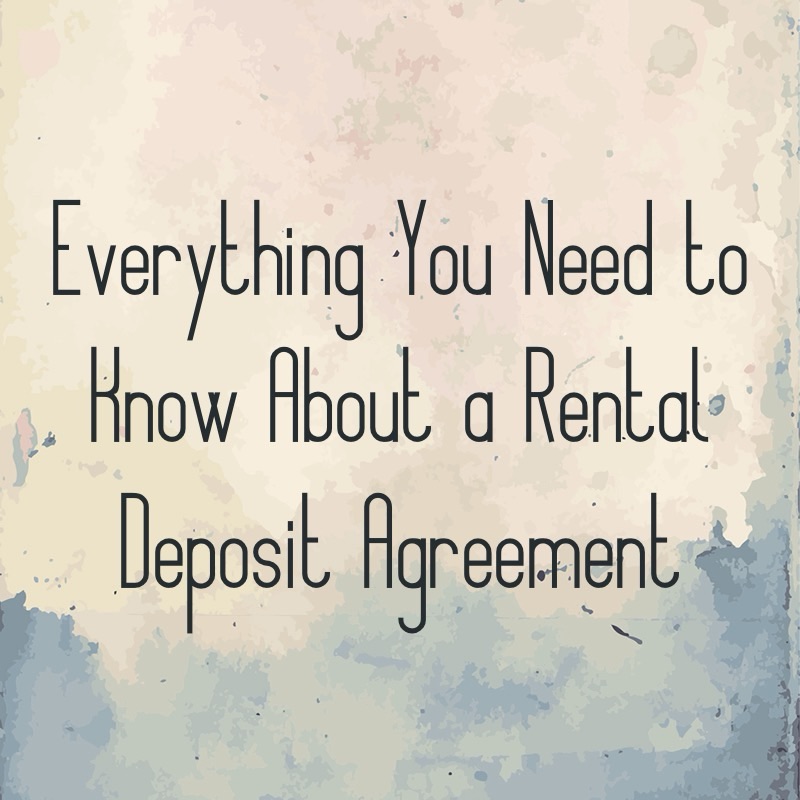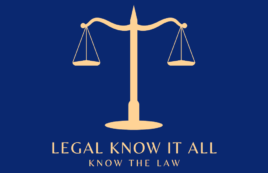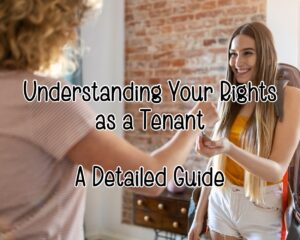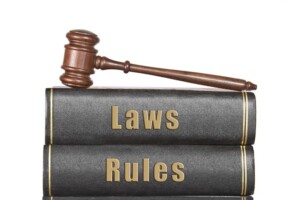Best Legal Advice for Renters: Know Your Rights and Protect Yourself
As a renter, it’s easy to feel like you’re at the mercy of your landlord, but the truth is, you have legal rights that protect you from unfair treatment. Understanding these rights is crucial to making sure you’re not taken advantage of and that your renting experience goes as smoothly as possible. Let’s break down some of the best legal advice for renters so you can protect yourself and avoid common pitfalls.

1. Know What’s in Your Lease Agreement
One of the most important things you can do as a renter is to thoroughly read your lease agreement before signing. This document outlines everything from rent payment terms to what you’re responsible for maintaining in the apartment. Don’t just skim through it—make sure you understand every clause. If something seems off or confusing, don’t hesitate to ask questions or even seek legal advice before agreeing to anything. Remember, once you sign, you’re legally bound to the terms.
2. Understand Your Rights Regarding Repairs and Maintenance
Landlords are generally required to keep the rental property in livable condition, which includes fixing things like leaks, electrical problems, or heating issues. If something breaks down that affects your ability to safely live in the unit, you have the right to request repairs. Depending on your state’s laws, if the landlord doesn’t take action within a reasonable time, you may even have the right to withhold rent or pay for repairs yourself and deduct the cost from the rent.
3. Document Everything
One of the best pieces of legal advice for renters is to document everything. This means taking pictures of the rental unit before moving in (especially any pre-existing damage), keeping records of all communications with your landlord, and holding onto receipts for rent payments. Should a dispute arise, this documentation can serve as crucial evidence to support your case. Trust me, having everything in writing can save you a world of trouble down the road.
4. Understand Security Deposit Laws
Security deposit disputes are one of the most common legal issues between renters and landlords. Each state has laws that dictate how much a landlord can charge for a deposit and under what conditions they can withhold part or all of it. Knowing your local security deposit laws can help you avoid unnecessary deductions when you move out. Make sure you leave the rental in good condition, document it with photos, and provide proper notice before leaving to ensure you get your deposit back.
5. Seek Legal Help if Necessary
If things get complicated and you find yourself facing eviction, an unresponsive landlord, or illegal rent increases, don’t hesitate to seek legal advice. Many cities offer free or low-cost legal aid for renters, and it’s better to act quickly rather than let the situation escalate. Knowing your legal standing can often give you the leverage needed to resolve conflicts without unnecessary drama.
By following these key pieces of advice, you’ll be in a much better position to protect yourself legally as a renter. It’s all about knowing your rights and staying proactive when issues arise.
Renting a property is a common practice for many individuals and families, but it’s important to understand the legal aspects that govern the landlord-tenant relationship. This article aims to provide valuable legal advice for renters, helping you navigate the rental process and ensuring you are aware of your rights and responsibilities as a tenant.

Understanding Lease Agreements: One of the first and most crucial steps in renting a property is signing a lease agreement. It is essential to carefully read and understand the terms and conditions outlined in the lease. This includes the duration of the lease, rent payment details, security deposit requirements, maintenance responsibilities, and any restrictions or limitations imposed by the landlord.
Know Your Rights as a Tenant: As a renter, you have certain legal rights that protect you from unfair practices and ensure a habitable living environment. These rights may include the right to privacy, the right to a safe and well-maintained property, protection against discrimination, and the right to prompt repairs and maintenance. Familiarize yourself with the tenant rights specific to your jurisdiction to ensure you can advocate for your rights if necessary.
Responsibilities as a Tenant: Renting a property also comes with certain responsibilities that you need to fulfill. These responsibilities often include paying rent on time, keeping the property clean and in good condition, reporting maintenance issues promptly, and respecting the property and its rules. It is important to understand and adhere to these responsibilities to maintain a positive relationship with your landlord and to comply with your obligations as a tenant.
Dealing with Disputes: Unfortunately, disputes between landlords and tenants may arise during the rental period. It is crucial to address any concerns or issues in a timely and professional manner. Communication is key when dealing with disputes, and attempting to resolve issues amicably should always be the first step. If a resolution cannot be reached, familiarize yourself with the legal procedures and resources available to address and resolve rental disputes, such as contacting your local tenant association or seeking legal advice.
Seeking Legal Advice: If you encounter complex legal issues or find yourself in a contentious rental situation, it may be necessary to seek legal advice from a qualified attorney specializing in landlord-tenant law. A legal professional can provide personalized guidance based on your specific circumstances and help protect your rights throughout the rental process.
Renting a property can be a fulfilling experience, but it is essential to be well-informed about your rights and responsibilities as a tenant. By understanding the legal aspects of renting, reading and understanding your lease agreement, and seeking legal advice when needed, you can navigate the rental process confidently and ensure a positive and fair rental experience. Remember that being aware of your rights and fulfilling your responsibilities as a tenant is crucial for maintaining a harmonious relationship with your landlord and ensuring a smooth and enjoyable renting experience
As an Amazon Associate we earn from qualifying purchases through some links in our articles.




